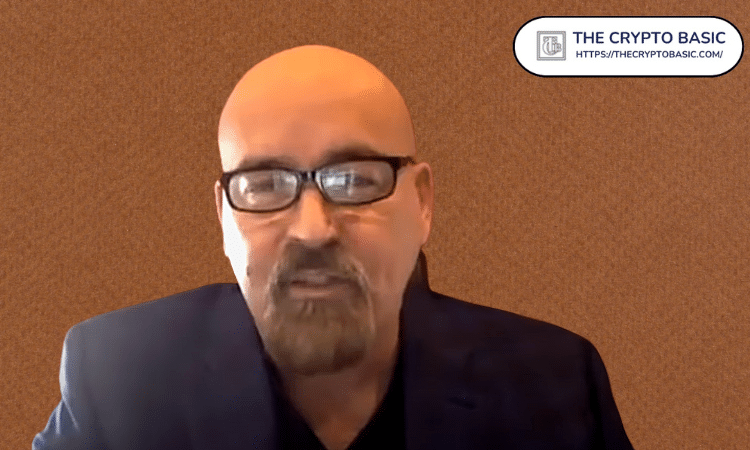Deaton continues the debate with a former SEC lawyer.
CryptoLaw founder and pro-XRP attorney John E. Deaton has continued the debate with Marc Fagel, a former United States Securities and Exchange Commission (SEC) lawyer. As reported earlier, the duo engaged in a heated discussion last week over Ripple’s initial XRP sales.
Many thought the debate had ended after attorney Deaton made a thread responding to Fagel’s assertion. However, Fagel has not heard the last from Deaton, as the pro-XRP lawyer makes another lengthy Twitter thread.
Deaton Addresses Fagel’s Question
This time, Deaton responded to a question raised by Fagel on May 5, 2023. In the tweet, Fagel asked Deaton whether he has ever found a case where an asset initially ruled to be a security was “expressly held” not to be a security in secondary market trading.
Fagel noted that he does not know the answer despite conducting intensive research on 76 years of post-Howey cases.
1/ So here's my question, John. (And it's a serious question; I don't know the answer myself.) Having done the research on 76 years of post-Howey cases, have you found a case where an asset previously found to be a security was expressly held NOT to be a security in secondary…
— Marc Fagel (@Marc_Fagel) May 5, 2023
In responding to the question, Attorney Deaton stated two points. Firstly, he said no investment contract case in 76 years has ever held that the underlying asset itself is security.
Secondly, Deaton asserts that there has never been a case where an investment contract was found when zero privity exists between the buyer and promoter of an asset.
Deaton noted that he reached a conclusion after conducting intensive research. Deaton’s assertions were also based on a paper by Lewis Cohen, which analyzes all security cases in the United States since the popular Howey lawsuit.
According to Deaton, Cohen is in the best position to answer the questions raised by Fagel.
Therefore, Lewis is the better person to ask regarding whether he’s aware of a case that found a subsequent sale not an investment contract. Like @Marc_Fagel, I do not have the answer to that very specific question. Maybe Lewis does.
— John E Deaton (@JohnEDeaton1) May 7, 2023
Deaton Highlights What Determines an Investment Contract
The prominent lawyer argued that an investment contract is determined by the circumstances surrounding the offer and sale of the transaction, including the parties involved.
Deaton backed his argument by citing Supreme Court’s decision in the Howey Case:
“If that test be satisfied, it is immaterial whether the enterprise is speculative or non-speculative or whether there is a sale of property with or without intrinsic value.”
Based on the Supreme Court’s decision in the Howey case, Deaton said the underlying asset is immaterial when determining if a transaction constitutes an investment contract.
He noted that it is unconstitutional and lazy for any entity to argue that a digital asset in subsequent transactions is a security.
“You have to analyze the circumstances surrounding the sale of a digital asset AT THE TIME of the offer and sale,” said attorney Deaton.
Secondary Market Sales Can Also Be Security
Meanwhile, Deaton believes secondary market sales of an asset can constitute a security.
Let’s say the investor who bought the ? grove from Howey tells the second buyer: “This is a great passive income investment. The Howey company will do all the work: they grow the ?and sell them and you sit back and collect the money ? w/o doing one thing.”
— John E Deaton (@JohnEDeaton1) May 7, 2023
Deaton said it is easy for anyone to argue that the Howey test was met in the scenario he created. Per Deaton, the law is unsettled regarding secondary market transactions. He stressed the necessity of going through each transaction when it happens.
DisClamier: This content is informational and should not be considered financial advice. The views expressed in this article may include the author's personal opinions and do not reflect The Crypto Basic opinion. Readers are encouraged to do thorough research before making any investment decisions. The Crypto Basic is not responsible for any financial losses.



